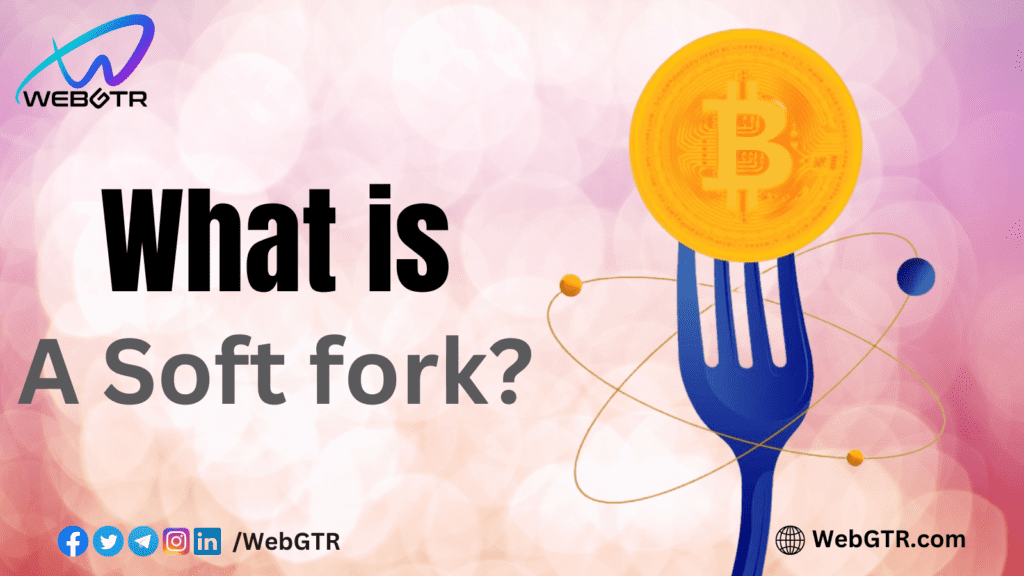
A soft fork is an upgrade that maintains backward compatibility, allowing upgraded nodes to coexist and communicate with non-upgraded ones. In a soft fork, a new rule is introduced without conflicting with the existing rules.
For example, a soft fork can be utilized to decrease the block size. Take Bitcoin as an example: while there is a limit on how big a block can be, there is no limit on how small it can be. By rejecting larger blocks and accepting only those below a certain size, you can implement the desired block size decrease without disconnecting from the network. Even though you may still communicate with nodes that haven’t implemented the new rules, you filter out information related to larger blocks.
A prominent real-life example of a soft fork is Segregated Witness (SegWit), which followed the Bitcoin/Bitcoin Cash split. SegWit altered the format of blocks and transactions in a clever manner. Old nodes could validate blocks and transactions because the formatting adhered to existing rules, even though they didn’t fully understand them. Additional data fields were readable only when nodes switched to the newer software, allowing them to parse the supplementary information.
Despite the activation of SegWit, not all nodes have upgraded even after two years. While there are benefits to doing so, there is no pressing urgency as the upgrade doesn’t cause any network-breaking changes.
Looking for Blockchain Development, NFTs, Website Design, Token Creation, or Other services? Reach out to us at WebGTR. Let’s discuss and bring your vision to life.
Website | Twitter | Instagram | Telegram Official Group | WhatsApp


Leave a Reply